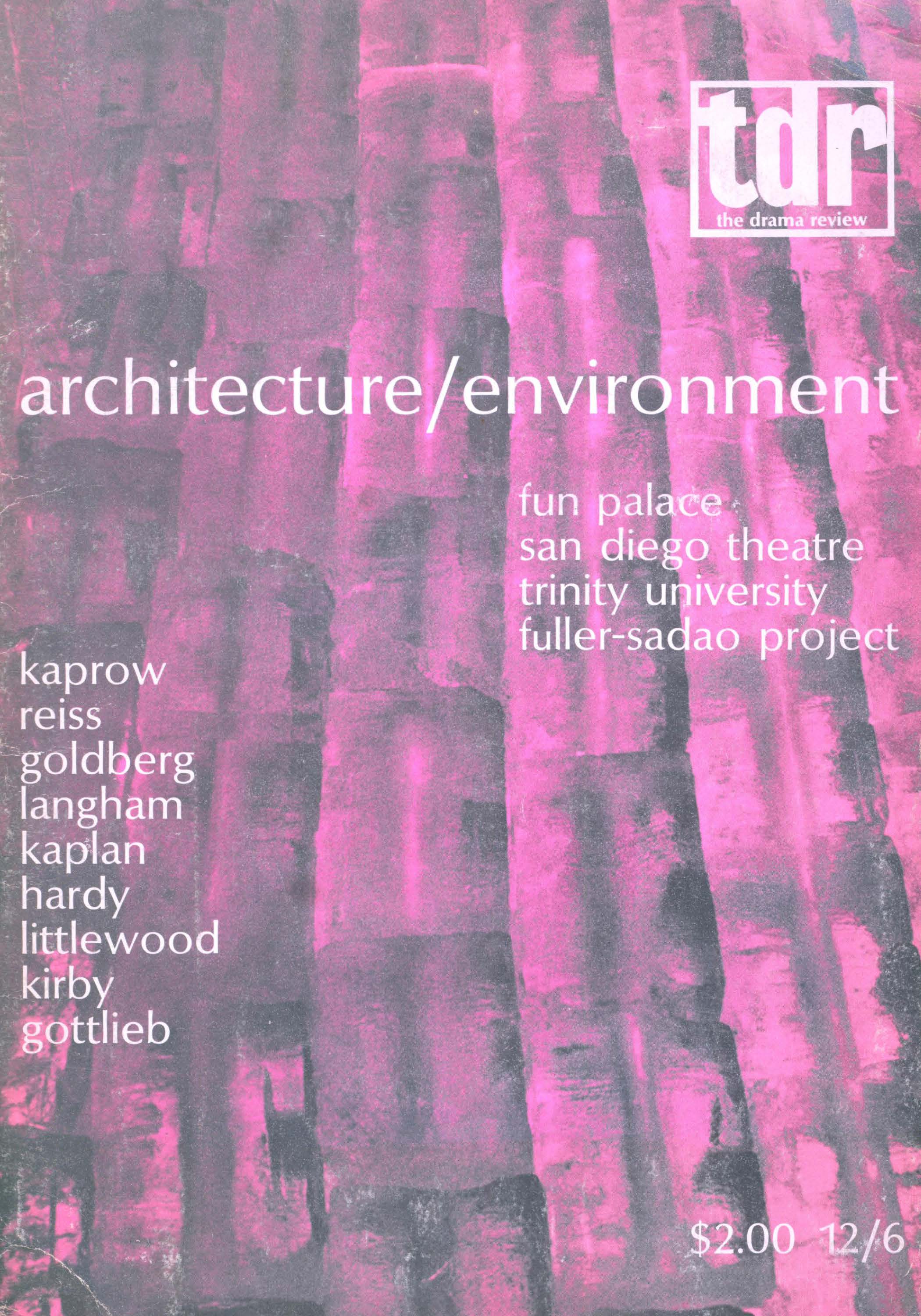Article contents
Piscator's Rasputin
Published online by Cambridge University Press: 07 December 2021
Extract
The theatrical flashpoint In the 1920's was Berlin. The aftermath of war, revolution and putsch; the increasing polarization of society; inflation and depression, which revealed the flaws in industrial capitalism; the example of Russia, which under Lenin still provided an ideal of heroic political action—all formed a creative ferment that found expression on the German stage with its traditional claim to be a “moral tribunal.” The primary challenge was to develop ways of representing a new, distinctively twentiethcentury perception of reality. As Brecht put it:
Just the grasping of a new range of material requires a new dramatic and theatrical form. Can we speak about finance in heroic couplets?…Petroleum struggles against the five-act form…. The dramatic technique of Hebbel and Ibsen is insufficient by far for dramatizing even a simple press release.
- Type
- Piscator Section
- Information
- Copyright
- Copyright © 1978 The Drama Review
References
The title photograph is of the program cover from the original production of Rasputin.
- 1
- Cited by


